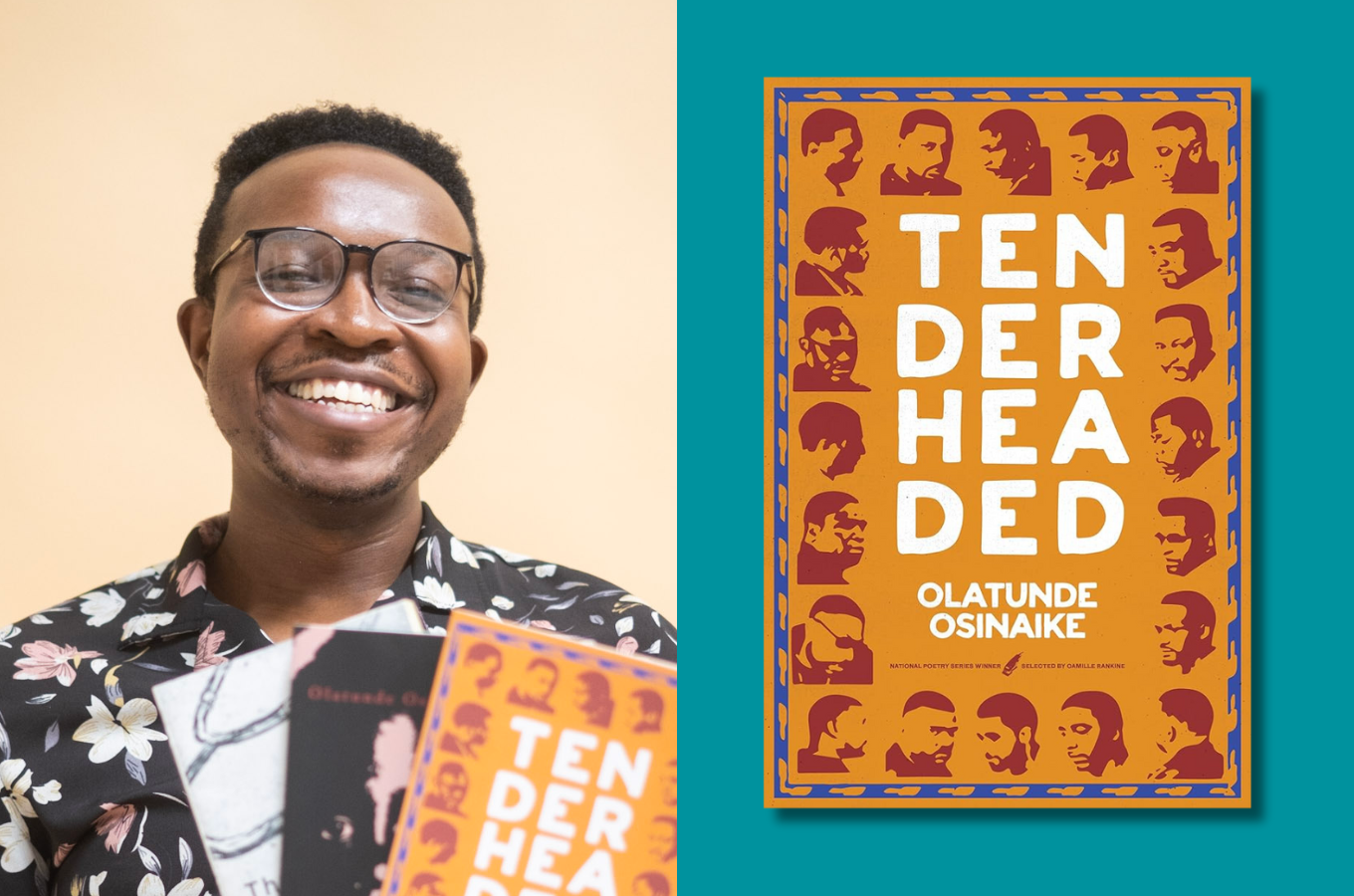
Nigerian-American poet Olatunde Osinaike published a searing debut poetry collection last year on December 5, 2023 with Akashic Books. Aptly titled Tender Headed, the stunningly tender poetry of Osinaike speak to Black identity and masculinity in the contemporary age in America.
Osinaike gained quite a bit of notoriety due to the fact that his manuscript for Tender Headed was selected by American poet Camille Rankine as the winner of the 2022 National Poetry Series. But Tender Headed is not merely tender in the content of the poems, but in form as well as Osinaike’s poetic voice is both musical and formally playful.
Rankine praises the debut collection in her preface to the book, remarking that Osinaike brings out the musical quality of language as the words dance across the page for the attentive reader:
In Tender Headed, Olatunde Osinaike asks the question: what makes a man, and what makes a man like me? As he interrogates the inner and outer workings of masculinity in all its sharp and tender parts, and the way a Black man meets the world, his poems strut and duck and weave across their pages. These poems unpack the ingredients of being and make a meal of language. They relish every word, every sound, every syllable. Their music is the sugar that makes us take our medicine, but their beauty refuses to be disguise. They disturb the peace while asking: whose peace?
Examining the themes of Black self-identity, accountability, and narration, Osinaike’s debut collection portrays a series of snapshots into the role language plays in creating possibility while deciding the way things are depicted. Reflecting on music and self-identity, Osinaike propels readers to think about what growth and transformation mean, “asserting the realization that growth remains ever ahead of you.”
According to the book synopsis, Tender Headed presents the many masks behind Black masculinity. But at its center lies an inquiry about the complexity of relationships, the battle between wonder and truth, and the speaker’s exploration of how fault amends Black life in America. We find the tonal shifting between hope and loss especially present in Osinaike’s opening poem “Men Like Me”, where the speaker recites a chronicle of generational neglect:
Boys. Will be boys. Manly. Slick. Elbow grease. Baritones. Singing low. Unruly. Higher than a hierarchy. Inherit. Plausible deniability. Disorder. Bachelors and awful apostles. Dark knights. Concaved like a character arc. Compensate. Compensation. Deafen a suffrage. Sulk. Storm sellers. The fragrance of kingdoms. Ladybug and don’t believe much in luck. Believe in overstaying a welcome. Will name anything after us. Detention centers and muscle cars. Squad. Thumbed-through classifieds. Flashing lights. Shock value. Slide hands in the slow close of an elevator door. Door stoppers. Stop things. Won’t. Will rep the rhetorical like it’s the home team. Shoot the shot to blame the angle. Blame things. See floral print and scurry. See flowers like flowers hold both water and scent. Sent some heaven-sent a good morning text this week. Gossip but call that barbershop talk. Double meaning. Deprecating. Duffel bag crazy. Colonialize. Call that authority. Monopolize until it’s good guise. Tough guise. All of the above. Treat all we touch like tungsten. Can’t temper anything. Love a melting point. Get physical. Have a problem with the word no. Yes men. Have more than just a problem with the word no. Antsy with violence. Prefer a seat or stall….
Each word brings up an image of melancholy as well as as hope in this prose-like paragraph poem about coming of age amidst scenes of toughness and tenderness. In a conversation with Osinaike, Naoko Fujimoto remarks, “It’s almost like a prayer—as one reciting his philosophy or mantra,” which certainly seems to be the case.
In the interview, Osinaike adds that this poem came as a result of free-write where he let vocality lead the way:
With each failure then, there began another interrogation of the within. So while I’d like to think both hope and loss are displayed throughout the poem, I’d also say that each phrase was an attempt at parsing the nondescript and what it is we accept, extending both the preceding image before and the declaration of portrayal noted in the title. I felt the container of the poem exuded an assurance that encouraged me to prod cloaked attributes of masculinity and meant a liberty to challenge or unseat its assumptions.
In this stunning collection of poems about Black identity, we find numerous young men tenderly written within the pages of the book with melody and grace. This book is a must read for fans of formally experimental poetry as well as young men wanting to learn more their internal existence.
Originally from the West Side of Chicago, Olatunde Osinaike is a Nigerian-American poet and software developer. He is the winner of the Lucille Clifton Poetry Prize, a Frontier Poetry Industry Prize, and honorable mention for the Ploughshares Emerging Writer’s Award in Poetry. He has also written the limited edition chapbooks Speech Therapy, which won the Atlas Review’s chapbook contest, and The New Knew. His work has appeared in Literary Hub, Poetry Daily, Best New Poets, 20.35 Africa, New Poetry from the Midwest, Obsidian, Wildness, and elsewhere
If you enjoy reading poetry about young Black people’s lives such as Kweku Abimbola’s Saltwater Demands a Psalm and Safia Elhillo’s Girls That Never Die, then Osinaike’s Tender Headed needs to be on your bookshelf ASAP!
***
Buy Tender Headed: Amazon (US) | Akashic Books | Amazon (UK)



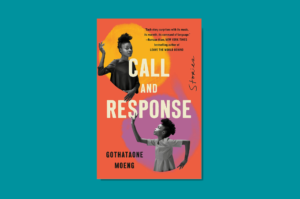
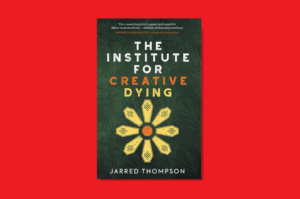
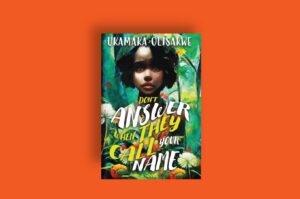

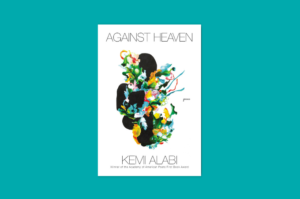

COMMENTS -
Reader Interactions